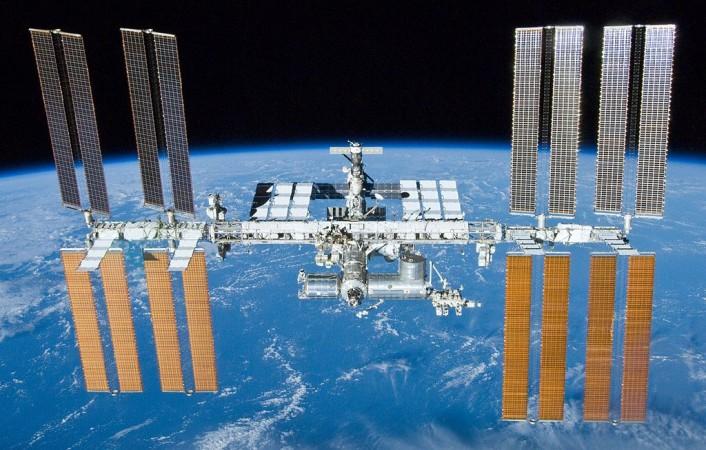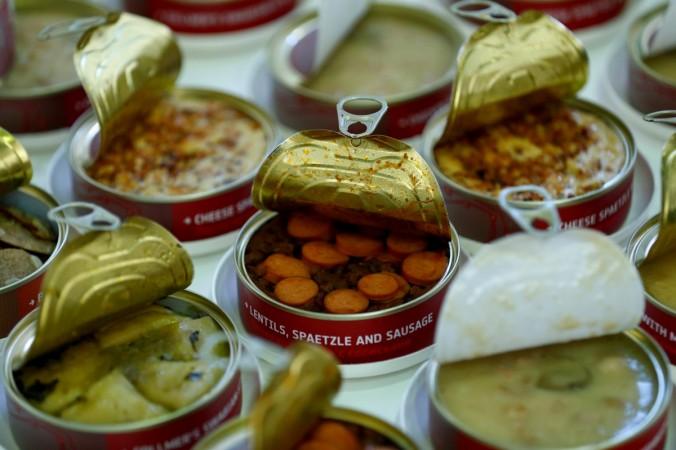
Agriculture has been an integral factor in allowing mankind to flourish on the planet. It only makes sense that we now explore farming in the quest to explore space.
The National Aeronautics and Space Administration, or Nasa as it's more commonly known, is now planning to let scientists grow crops in space to enjoy fresh food instead of the frozen and canned space food.
Astronauts have been consuming specialized packaged food until now but if Nasa succeeds in its mission of space agriculture, they will be able to grow crops and prepare fresh food for themselves on board.

The space center's vegetable researcher briefly explained the two advantages of growing crops in space. Agriculture in space will offer nutritional and psychological benefits to those who are in a space exploration journey.
In fact, this will be the best way to figure out which crop or vegetable grows well in space, the researcher stated.
"We're using Veggie to answer questions of science about the types of plants we can grow in space for astronauts to eat," NASA Veggie Project Manager Trent Smith said in a briefing. "We want astronauts to be able to grow fresh food to supplement their diets."
The space agriculture mission is looking to find suitable veggies to grow in space. It is being conducted by NASA in collaboration with Fairchild Tropical Botanic Garden.
The students chose plant varieties that were rich in vitamins B1, C, and K along with potassium. The minerals were chosen as such because these nutrients decline over time in the food items that are pre-packaged, as is the food consumed by astronauts in space.

Researchers tested a batch of algae, which is considered as a veggie that sustains in low-intensity light conditions and yet conducts the process of photosynthesis. The plant responds to the environmental changes in a positive way, thereby leading to the production of compounds that act as antioxidants and other substances, which help in the mitigation of radiation.
Besides algae, microgreens and fresh cargo were also tested by the space administration.
Well, seeing the pace of NASA, the initiative seems to take no halt until it finally makes agriculture in space a reality.

















